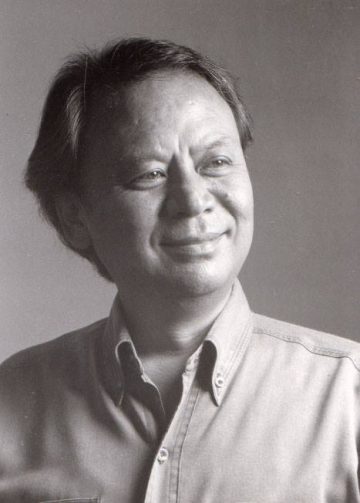INFORMATION
| Profile | en.wikipedia.org/wiki/Gopal_Yonzon |
Gopal Yonjan was a musical genius who left an indelible mark on the Nepali music industry. Born in 1943 in Darjeeling, India, he later moved to Nepal and went on to become a master of music. With a degree in South Asian Music, Yonjan was a prolific composer, lyricist, and music arranger who created over 2000 songs that touched the hearts of millions.
His music was a beautiful blend of traditional folk, classical, modern, and Western styles, catering to a wide range of tastes and emotions. From patriotic anthems that stirred national pride to spiritual songs that soothed the soul, from romantic ballads that expressed deep love to philosophical compositions that explored the meaning of life, Yonjan’s music was a reflection of his versatility and creativity.
Yonjan was not only a talented musician but also a generous mentor who nurtured many young singing talents. He is credited with launching the careers of legendary singers like Narayan Gopal, Udit Narayan Jha, and Meera Rana, among others. His collaborations with Narayan Gopal are still remembered as the “Golden Era” of Nepali music, a time when music was at its peak and touched the hearts of every Nepali.His musical career was incredibly prolific, spanning various genres like folk, classical, modern, and Western music. These compositions ranged from nationalistic and patriotic tunes to spiritual, romantic, philosophical, dancing tunes, ballads, and more, showcasing the depth and diversity of his musical talent
For his immense contributions to Nepali music, Yonjan was bestowed with titles like “Sangeet Samrat” (Emperor of Music) and “Bagyeyakar” (Master of lyrics, music, and voice). His music was a gift to the nation, and he will always be remembered as a pioneer who elevated Nepali music to new heights.
Sadly, Yonjan’s life was cut short when he passed away in 1997 at the age of 53. However, his legacy lives on through his timeless music, which continues to inspire and entertain generations of music lovers. Despite many of his compositions remaining undocumented, his impact on Nepali music is undeniable, and he will always be revered as a musical icon.



